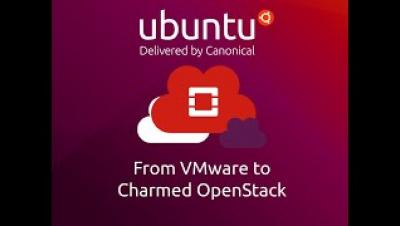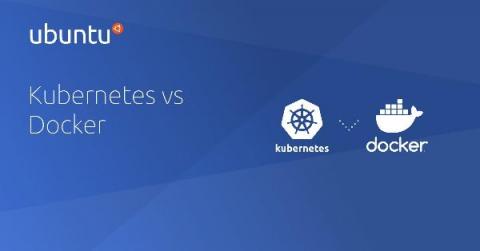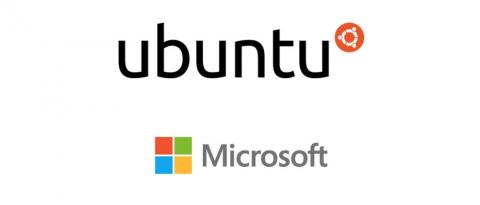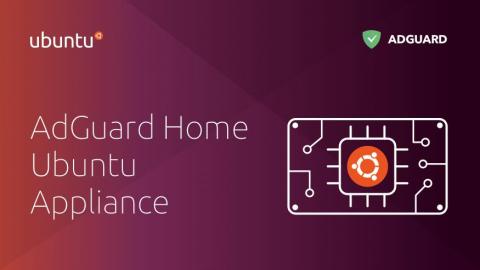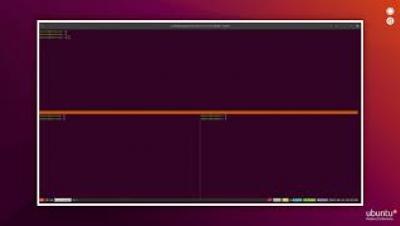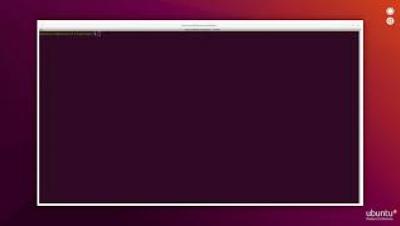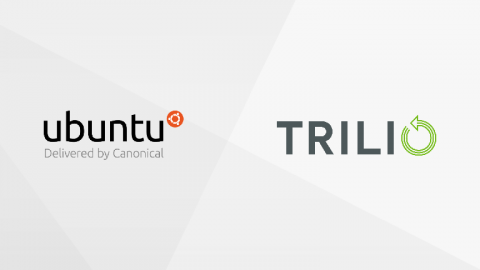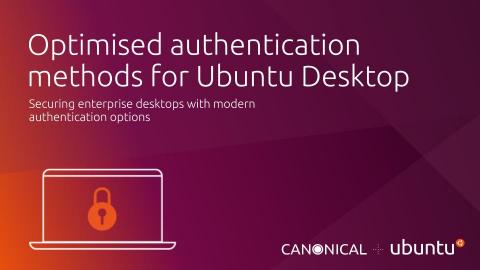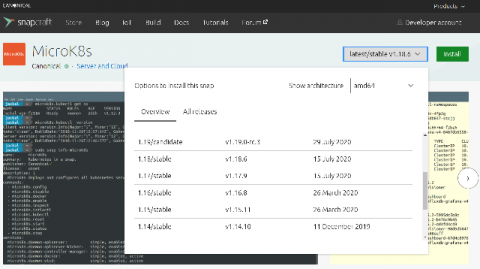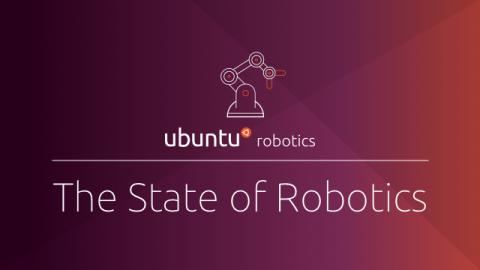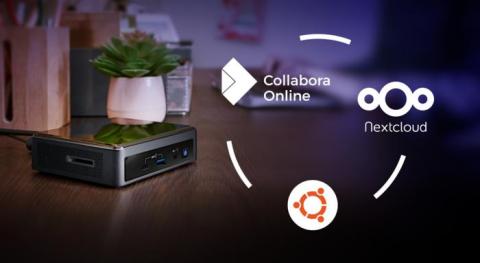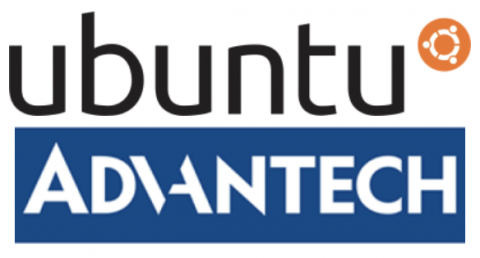Operations | Monitoring | ITSM | DevOps | Cloud
August 2020
Kubernetes vs Docker
In an era where container technologies have taken the industry by storm, one of the most common online searches on the topic of containers is ‘Kubernetes vs Docker’. The relevance and accuracy of this comparison is questionable, as it is not really comparing apples to apples. In this blog post, we will attempt to clarify both terms, present their commonalities and differences, and help users better navigate the ever-growing container ecosystem.
Kubernetes 1.19 available from Canonical
Canonical today announced full enterprise support for Kubernetes 1.19 spanning from public cloud to the edge, covering Charmed Kubernetes, MicroK8s and kubeadm. “As with all releases, Canonical is committed to fast following so that users benefit from the latest features, lifecycle operations and enterprise support in line with the upstream. With Kubernetes 1.19, MicroK8s and Charmed Kubernetes also bring enhanced security and carrier grade features.
Ubuntu on WSL 2 Backported to Windows 10 1903 and 1909, Extending Reach
Microsoft announced the general availability of Windows Subsystem for Linux 2 in the Windows 10 May 2020 update, also known as version 2004. Today Microsoft announced an update for Windows 10 which brings WSL 2 back to the Windows 10 May 2019 and November 2019 updates, also known as versions 1903 and 1909, respectively.
Set up the AdGuard Home Ubuntu Appliance
Block ads and trackers, and regain full control of your network. The AdGuard Home Ubuntu Appliance is an easy way for anyone to shield their WiFi network, and all the devices in their home from hackers and prying eyes online. In this post, we discuss what AdGuard Home is, some of the benefits and features of using the appliance, and how you can get started.
MicroK8s HA
Hybrid Cloud Kubernetes: Connecting the dots with Azure Arc-enabled Kubernetes
OpenStack Charms 20.08 - TrilioVault, Arista and more
Canonical is proud to announce the availability of OpenStack Charms 20.08. This new release introduces a range of exciting features and several improvements which enhance Charmed OpenStack.
Optimised authentication methods for Ubuntu Desktop
Still counting on passwords to protect your workstation? When set up properly, alternatives to passwords provide a streamlined user experience while significantly improving security. These alternative authentication methods can also easily be combined to create a custom and adaptive authentication profile.
What is PostgreSQL, and why do developers love it?
(Want your cloud apps managed? Reach out to Canonical now. You can also watch our webinar on why you should get your apps managed, and get your application reviewed by our app engineers.) PostgreSQL solves the problem of extensibility, in complex cloud environments. This statement is often thrown around, but why is it true? Should next-generation cloud-infrastructure still use it? Is it still relevant in an era of big data?
Kubernetes 1.19 release candidate available for testing
The Kubernetes 1.19 release candidate is now available for download and experimentation ahead of general availability later this month. You can try it now with MicroK8s. To get the latest Kubernetes on your machine, install MicroK8s and get a lightweight, zero-ops K8s cluster in no time: Or install from https://snapcraft.io/microk8s and select 1.19/candidate You can install MicroK8s on Ubuntu and all major Linux distributions or on Windows and macOS using native installers.
The State of Robotics - July 2020
We know a lot of you are on vacation so we’ll keep this month’s State of Robotics edition short and sweet. Looking for an easy way to get familiar with ROS 2? We recently published a few helpers on how to simulate robots with turtlesim to help our readers get a rolling start on ROS2. For something that carries a little more punch, follow our tutorial on simulating a TurtleBot3.
Set up Collabora Online on the Nextcloud Ubuntu Appliance
Alongside five popular software projects, we recently launched a new initiative called Ubuntu Appliances. A portfolio of software that allows users to turn a Raspberry Pi or an Intel NUC into a secure, self-hosted device. The initial launch included the Nextcloud Ubuntu Appliance. An application that enables you to host your own cloud, on your own hardware. In this blog, we discuss the benefits of the Nextcloud Appliance, and the addition of Collabora Online for use on the Intel NUC.
Advantech releases EPC-C301 for machine vision applications with Ubuntu 18.04 LTS
Advantech, a leading global provider of intelligent IoT systems and embedded platforms, is pleased to announce EPC-C301, a compact fanless box PC powered by 8th Gen. Intel® Core™ processor. This system features diverse domain-focused I/O and can operate in broad temperature ranges. EPC-C301 integrates Intel® and Canonical technologies, provides Ubuntu and OpenVINO toolkits, and is aimed at accelerating the advancement of AIoT.


